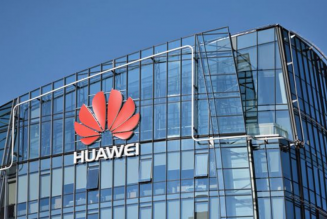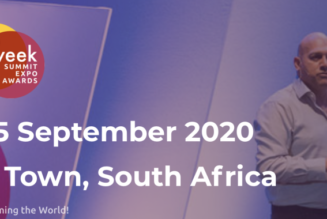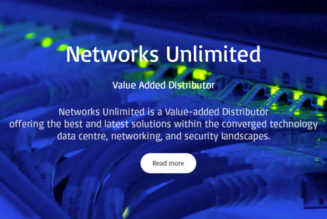Disruptive technologies are accelerating society’s digital transformation journey. In a recent report, NTT revealed five trends that hold promise to help local organisations unpack their postures with regards to safety and security, support sustainable growth and reduced environmental loads:
- All-photonics networks (APNs) will power global communications: APNs will enable end-to-end, information transmission between the terminal and the server and will allow us to operate an ultra-low power-intensive sustainable communications environment. This particular trend will influence the local market over the long term as networks overcome legacy infrastructure and regulatory constraints.
- Cognitive Foundation (CF) technology will connect and control everything: the centralised management and agile allocation of ICT resources will provide the ability to integrate various sensor information – voice, video or other – to support the Internet of Things (IoT) initiatives.
- Digital twin computing (DTC) will enable predictive analytics by integrating the real and virtual worlds: DTC will test different environments by freely copying, combining and exchanging various digital twins of ‘things’ and people. This information will be integrated into applications such as traffic congestion prediction systems and can make accurate predictions in the field of disease control.
- The evolution of the ‘citizen developer’ and robotic process automation (RPA) will reshape businesses: Low-code/no-code platforms built to enable anyone to create business applications using their company data – will be a significant differentiator for businesses. The ‘citizen developer’ approach is also using RPA to automate certain business processes, allowing employees to spend time on higher-value work.
- Quantum and edge computing will usher in a new era of computing: More computational work could be done locally at the edge, rather than in the central cloud which can cause a delay. For example, a car’s computer vision system would process and recognise images immediately rather than sending that information to the cloud for verification.
While these disruptive technologies are on the horizon, in the nearer term, these trends are driving the need for digital transformation as they enable businesses to deliver superior, more connected, seamless and positive customer and employee experiences.











